Habermas and Literature: The Public Sphere and the Social Imaginary
Autor Dr Geoff Boucheren Limba Engleză Paperback – 25 ian 2023
| Toate formatele și edițiile | Preț | Express |
|---|---|---|
| Paperback (1) | 192.30 lei 43-57 zile | |
| Bloomsbury Publishing – 25 ian 2023 | 192.30 lei 43-57 zile | |
| Hardback (1) | 569.70 lei 43-57 zile | |
| Bloomsbury Publishing – 30 iun 2021 | 569.70 lei 43-57 zile |
Preț: 192.30 lei
Preț vechi: 249.87 lei
-23% Nou
Puncte Express: 288
Preț estimativ în valută:
36.80€ • 38.20$ • 30.69£
36.80€ • 38.20$ • 30.69£
Carte tipărită la comandă
Livrare economică 24 martie-07 aprilie
Preluare comenzi: 021 569.72.76
Specificații
ISBN-13: 9781501369773
ISBN-10: 1501369776
Pagini: 288
Dimensiuni: 152 x 229 x 25 mm
Greutate: 0.39 kg
Editura: Bloomsbury Publishing
Colecția Bloomsbury Academic
Locul publicării:New York, United States
ISBN-10: 1501369776
Pagini: 288
Dimensiuni: 152 x 229 x 25 mm
Greutate: 0.39 kg
Editura: Bloomsbury Publishing
Colecția Bloomsbury Academic
Locul publicării:New York, United States
Caracteristici
An interdisciplinary work that brings continental philosophy into engagement with not only high modernism and literary realism but also popular fiction
Notă biografică
Geoff Boucher is Associate Professor in the Faculty of Arts and Education at Deakin University, Australia. He is the author of number of books on continental philosophy, including Understanding Marxism (2012), Adorno Reframed (2012) and (with Matthew Sharpe) Zizek and Politics (2010).
Cuprins
AcknowledgmentsAbbreviationsIntroduction 1. Adorno's Social Philosophy 2. Adorno's Aesthetic Theory 3. Habermas's Social Theory 4. The Literary Discourse of Modernity 5. The Nature of Critique6. Silenced Needs, Hidden Desires7. Habermas and the Devil: Thomas Mann's Doctor Faustus 8. Imaginative Disclosure and Literary Identification9. Literary Visions and the Social Imaginary 10. The Phoenix and the Serpent: JK Rowling's Harry Potter Series ReferencesIndex
Recenzii
An original, ambitious, and expansive attempt to redefine the importance of literature via German critical theory. Highly recommended not only for scholars of Habermas or Adorno, but anyone interested in the relations between critique and disclosure, negation and transformation.
Habermas and Literature brings Habermas's ideas into contact with aesthetic and cultural theories within and beyond the Frankfurt School. It does so through close engagement with debates around aesthetic rationality, world disclosure, social imaginaries, post-secular society and the utopian demand for happiness articulated by artworks. In the process, Habermas's ideas are critically reconstructed when necessary, with reference to psychoanalytic and literary theories, and tested in relation to demanding fiction and popular works of art.
Geoff Boucher has been working on themes such as critical theory, Habermas's communication theory, literature, and the literary imagination for many years. In this important study he focuses on how literature, as an experimental laboratory for modern subjectivity, stands in a reciprocal relationship with new visions of the social imaginary. Boucher's impressive ability to interpret themes such as critique and disclosure in literature studies, deserves a wide readership in the humanities and social sciences.
Building on a masterly presentation of the history of the Frankfurt School, Habermas and Literature demonstrates the value of a communicative approach in literary studies. With peerless erudition, Boucher highlights the aesthetic dimensions of Habermas' project, and how literary works can foster critical publics and open up new social imaginaries. Habermas and Literature is an indisputable tour de force.
Habermas and Literature brings Habermas's ideas into contact with aesthetic and cultural theories within and beyond the Frankfurt School. It does so through close engagement with debates around aesthetic rationality, world disclosure, social imaginaries, post-secular society and the utopian demand for happiness articulated by artworks. In the process, Habermas's ideas are critically reconstructed when necessary, with reference to psychoanalytic and literary theories, and tested in relation to demanding fiction and popular works of art.
Geoff Boucher has been working on themes such as critical theory, Habermas's communication theory, literature, and the literary imagination for many years. In this important study he focuses on how literature, as an experimental laboratory for modern subjectivity, stands in a reciprocal relationship with new visions of the social imaginary. Boucher's impressive ability to interpret themes such as critique and disclosure in literature studies, deserves a wide readership in the humanities and social sciences.
Building on a masterly presentation of the history of the Frankfurt School, Habermas and Literature demonstrates the value of a communicative approach in literary studies. With peerless erudition, Boucher highlights the aesthetic dimensions of Habermas' project, and how literary works can foster critical publics and open up new social imaginaries. Habermas and Literature is an indisputable tour de force.
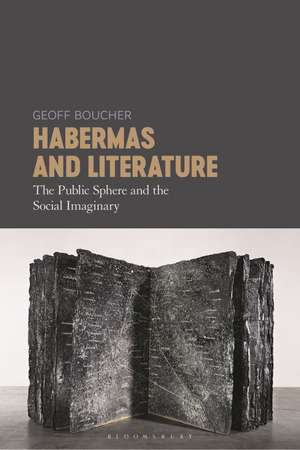
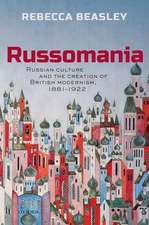



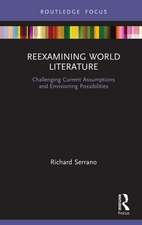

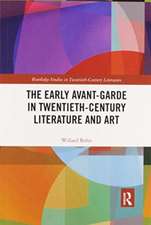
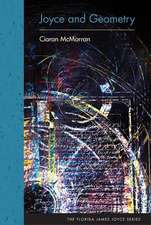

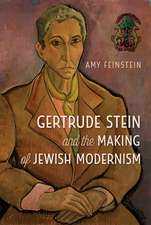

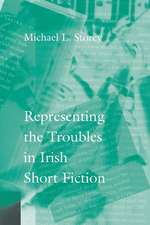



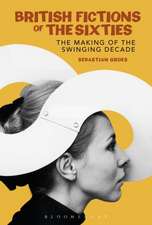

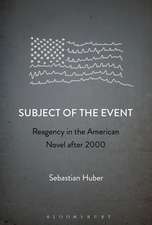
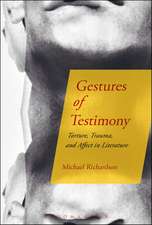
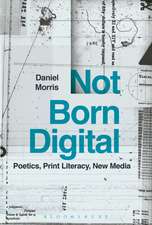
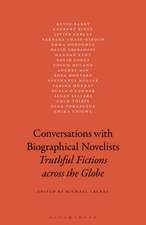

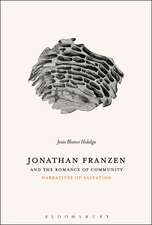

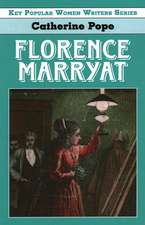



![Cours de Litterature Celtique; 3-4. Les Mabinogion. [Tome 1] (Ed.1889)](https://i0.books-express.ro/bt/9782012534056/cours-de-litterature-celtique-3-4-les-mabinogion-tome-1-ed-1889.jpg)